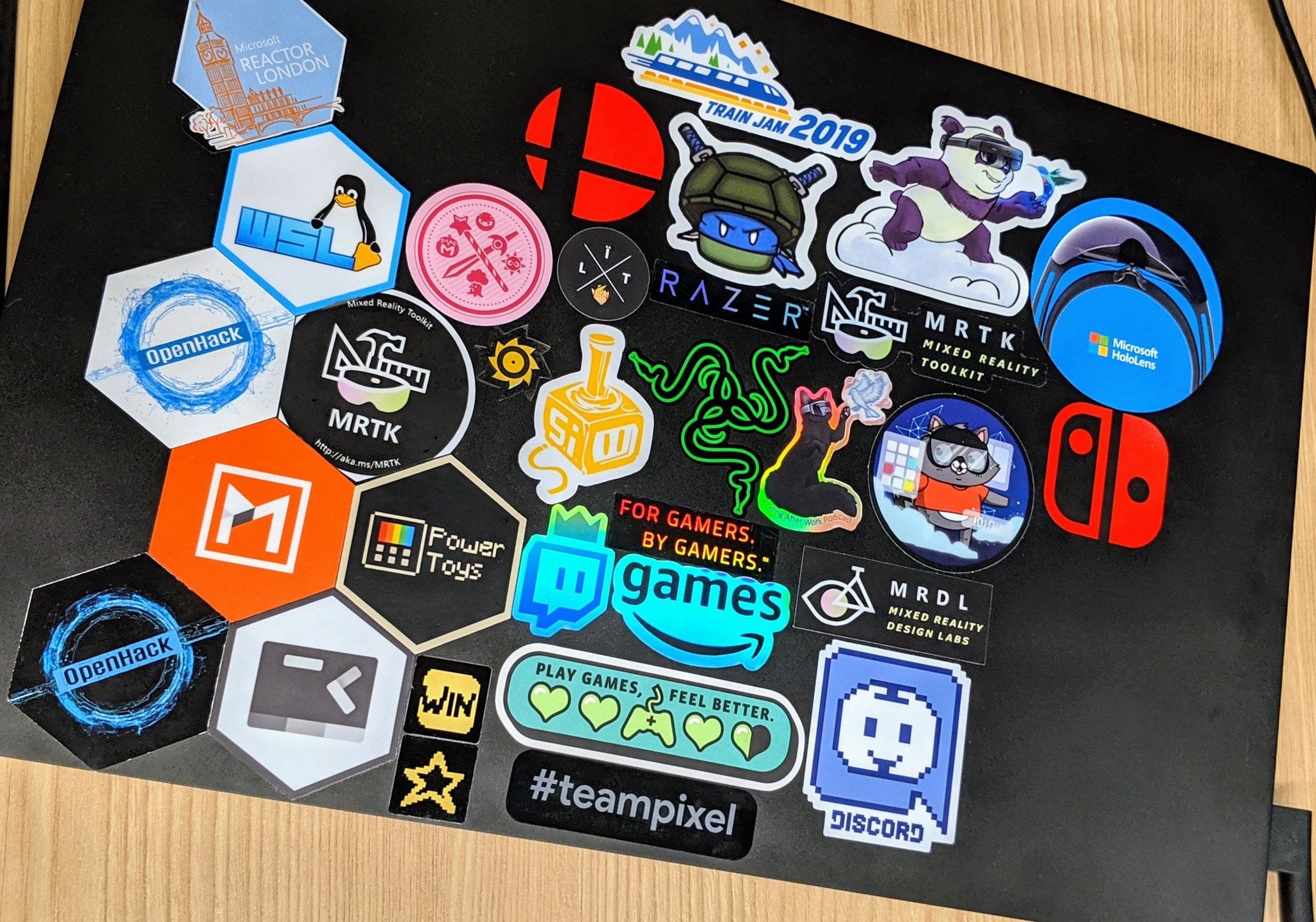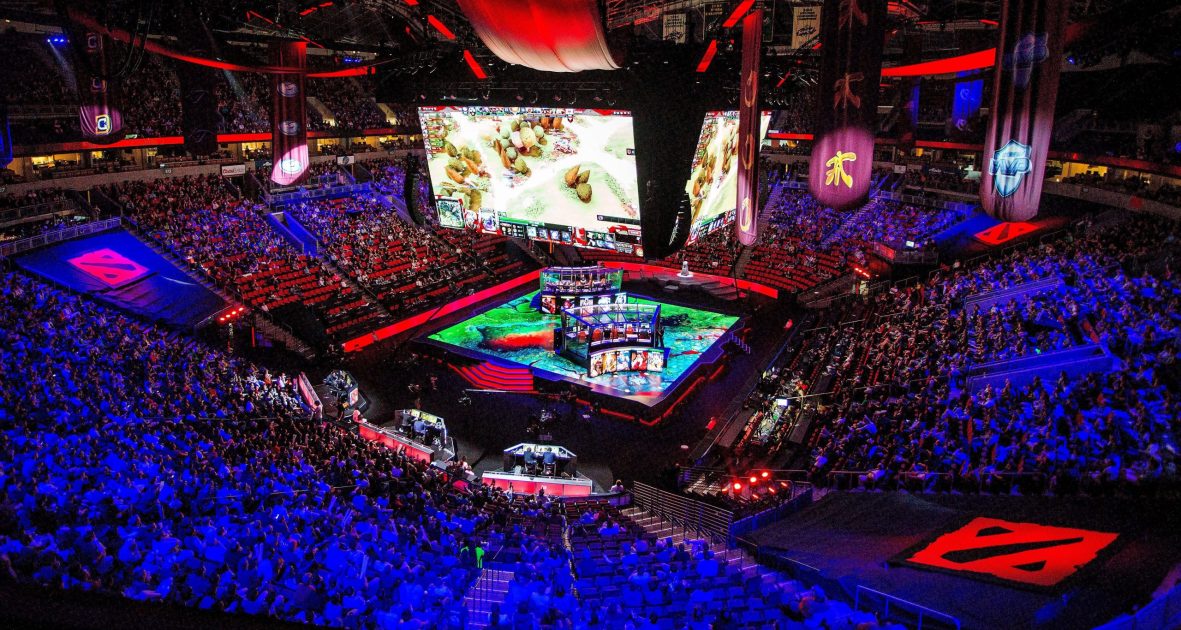In today’s technology-driven world, many parents find it challenging to strike a balance between screen time, family time and playing. Because both parents often work full-time jobs, it can be challenging and complicated to supervise the children while the parents are away at work.
Fortunately, there are tools that parents can use to manage and limit time spent controls for their children. Since so many activities in our everyday lives revolve around screens, it can initially be challenging to introduce such controls.
In addition to using cell phones to communicate, people around the world use computers for work or school assignments. Moreover, when the work is done, smartphones, tablets and laptops are commonly used for relaxation and entertainment.
Everything in Moderation, Including Screen Time
Technology is great when it is used as a tool to complete tasks, but like anything, too much can be a bad thing. Active screen time can be useful and advantageous. This is when we’re learning, doing work, or actively creating using a computer. In other words, people are exercising their brains and using the computer as a tool to accomplish a task.
Screen time, when used wisely, may help most youngsters improve their social and cognitive abilities. Some activities, such as viewing instructive videos, engaging in role-playing video games, or connecting with friends to stream a movie together may all be very beneficial for youngsters.
On the other hand, passive use is aimless scrolling through social media, playing repetitive games, or binge-watching series and aimlessly watching YouTube. These pastimes can be troublesome as they offer little exercise for the brain.
The Effects of Too Much Screen Time
Often a tablet, phone, or computer screen takes a child’s attention away from the important tasks that they should be undertaking. These could be studying, sports activities, social interaction and learning new things. All this can lead to lower performance at school, which can be stressful on parents.
Many children who spend long periods of time online may neglect their face-to-face relationships. While messaging and video calls are useful for everyone to keep in contact, they must not lead to neglect of in-person relationships.
Lastly, too much screen time can lead to problems with mental health, obesity and in some cases, depression.
Balancing Screen Time and Other Activities
The negative effects can be reversed by balancing the time on screens with a host of healthy alternatives.
To start with, it’s useful to actively limit the amount of time your children are allowed to sit in front of a screen. Software controls for devices and time limits are useful for this.
As a family, encourage your children to exercise. Visit the gym or park, go for a walk or take a bike ride, kick a ball around the backyard, or go swimming. If done as a family, these activities provide great opportunities to bond as well as encourage children to be active.
Alternatively, encourage children to play sports, or if they are not sports orientated, then there are many activities and clubs, which can help decrease screen time. From a young age, motivate your children to read books and develop a healthy curiosity about the world around them.
To Wrap Up
Since too much screen time can lead to ill effects on people of all ages, parents of young children especially need to understand the impact of technology on developing brains along with the potential dangers of allowing children unfettered access to the internet.
There are tools available that give parents the option to manage time on the internet as well as what is downloaded from it. Responsible parenting means using these tools and ensuring that there is a healthy balance between enjoying time online and taking part in other activities.




